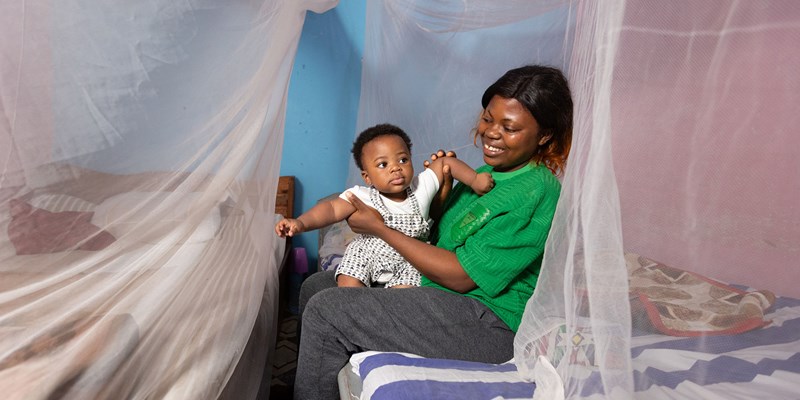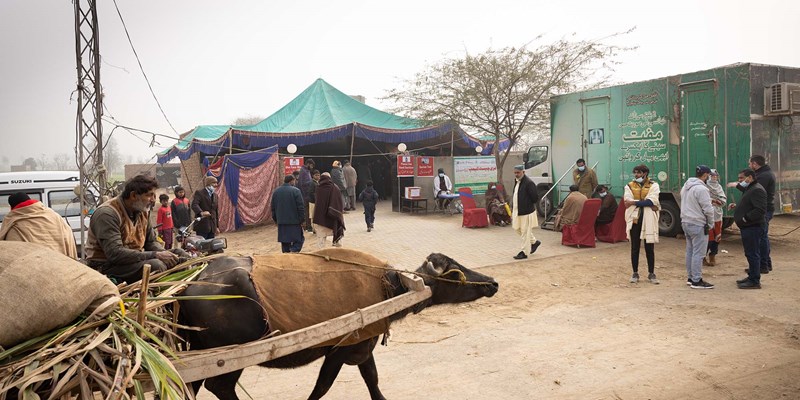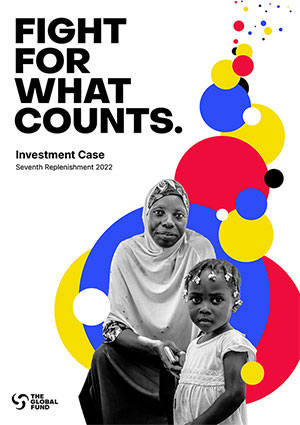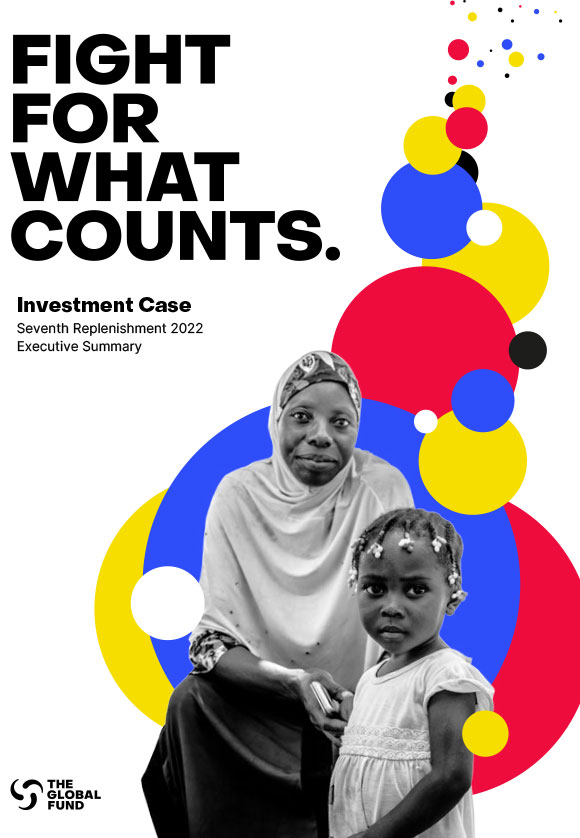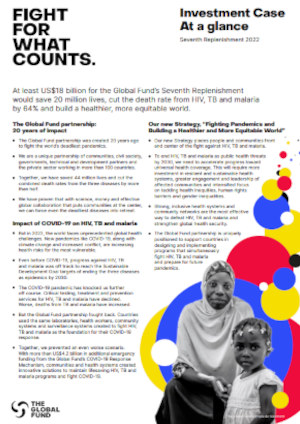Largest Global Fund commitment to a single country to date: US$42.6 million HIV/TB grants signed in Zambia
03 April 2003
Lusaka, Zambia – Zambia is confronted with one of the worst AIDS epidemics in the world, with an infection rate among the adult population estimated to be around 21.5 per cent. This is compounded by a serious and growing tuberculosis problem. Although there are some encouraging recent signs that prevention efforts have led to reductions in seroprevalence rates among youth in some cities, considerable additional financing is needed to scale up both prevention and care, support, and mitigation activities. In tandem, tuberculosis rates have risen sharply in recent years, and efforts to prevent and treat TB have not been able to keep pace.
The Global Fund to Fight AIDS, Tuberculosis and Malaria has signed HIV/AIDS and tuberculosis grant agreements in Zambia with the Central Board of Health (for HIV and TB) and with the Churches Association of Zambia (also for HIV and TB) jointly worth US$42.6 million over the first two years.
The HIV/AIDS grant to the Central Board of Health will address the financing gaps in the country’s national AIDS strategy, providing funding for condom distribution, voluntary counseling and testing, and the provision of antiretroviral therapy. DOTS care for tuberculosis will also be dramatically scaled up and approaches to integrate HIV and TB care will be pioneered. Funding will primarily be channeled through the Central Board of Health’s district health system.
The grants to the Churches Health Association of Zambia (CHAZ) will support the religious institutions and faith-based organizations that provide an estimated 30-40% of health care in Zambia. CHAZ will build upon its network to channel funds to a range of Catholic, Protestant, and Muslim institutions. In many rural areas, religious institutions are the sole providers of health care and, for the first time, many of these organizations will now have the funding needed to expand their services.
Financing will be provided for a comprehensive set of activities targeting HIV, from behavior change communication to the treatment of sexually transmitted infections and the provision of antiretroviral therapy to prevent mother-to-child transmission of HIV. The funding for tuberculosis will allow the expansion of DOTS care (directly-observed therapy, short-course), the international gold-standard for TB care.
Additional grants for community-based and non-governmental organizations, and government line ministries to respond to HIV/AIDS and tuberculosis will be signed in the coming weeks, as will grants to address malaria in Zambia.
